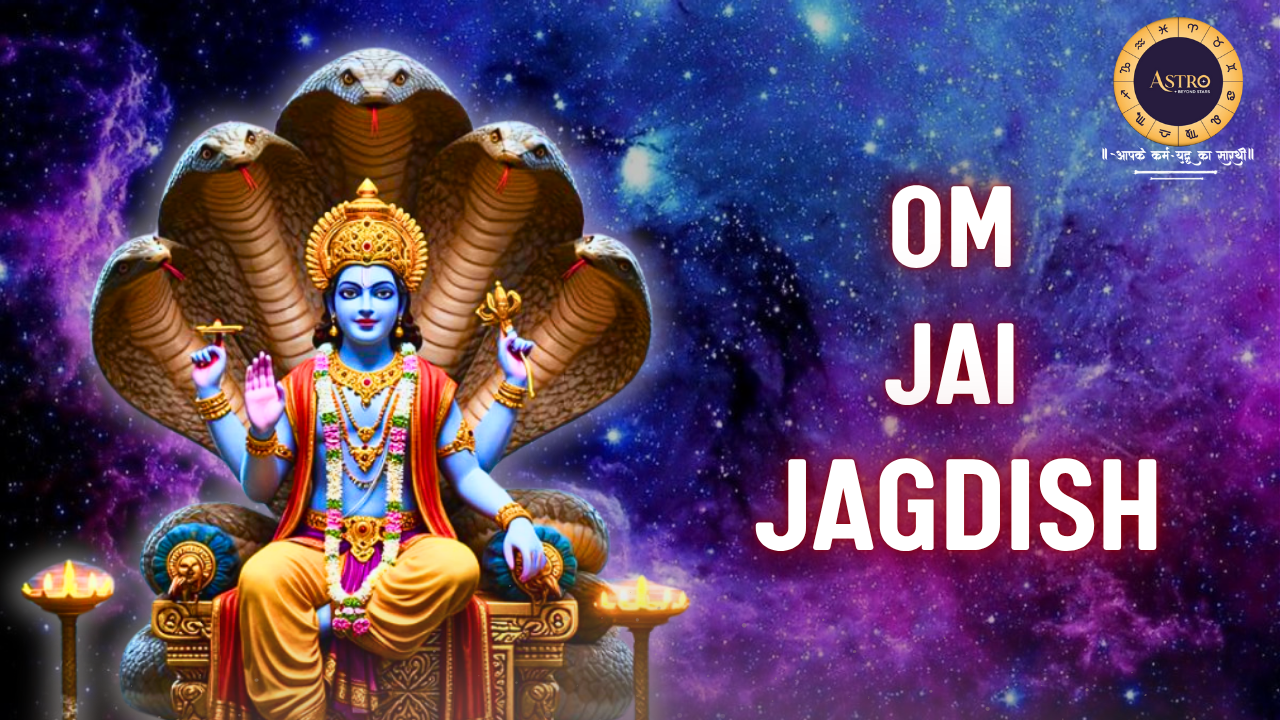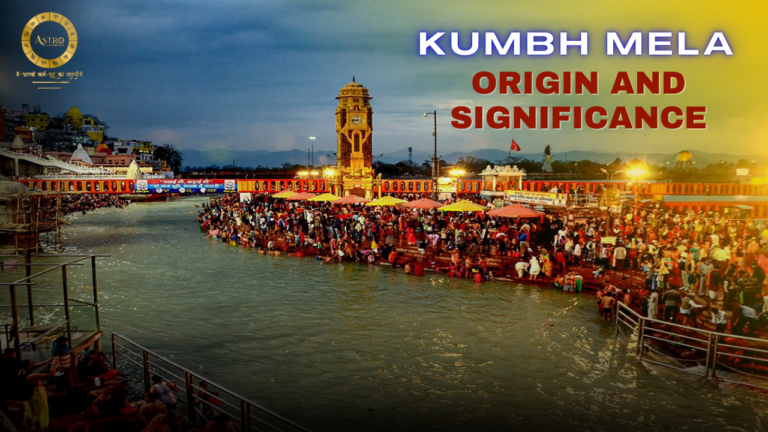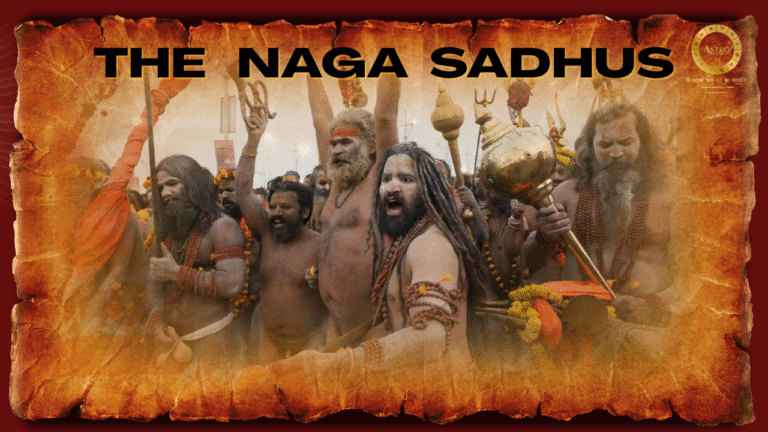On the lines of this Aarti, Aartis of other gods and goddesses have been composed and sung, but very few people know about the composer of this original Aarti. The composer of this Aarti was Pandit Shraddharam Sharma or Shraddharam Phillauri.
Pandit Shraddharam Sharma was born in Phillaur city located in Jalandhar district of Punjab. He was a Sanatan Dharma preacher, astrologer, freedom fighter, musician and a famous Hindi and Punjabi writer. He was married to a Sikh woman Mehtab Kaur. Since childhood, he had a deep interest in astrology and literature.
Although he did not receive any kind of education, he studied Gurumukhi till the age of seven and by the age of ten he had become proficient in Sanskrit, Hindi, Persian languages and astrology.
Pandit Shraddharam Sharma Phillauri, a remarkably multifaceted personality who left an enduring legacy in the fields of literature, spirituality, patriotism, and social reform.
Pandit Shraddharam Sharma Phillauri (1837 – 1881)
Composer of the timeless Aarti: Om Jai Jagdish Hare
Pandit Shraddharam Sharma, popularly known as Shraddharam Phillauri, was a pioneering figure in Hindi and Punjabi literature, as well as a devoted Sanatan Dharma preacher, astrologer, freedom fighter, and musician. Born in Phillaur, a town in Jalandhar district of Punjab, his life was marked by a passion for knowledge and service to the nation.
Multilingual Genius:
Though formally uneducated, he mastered Gurumukhi, Sanskrit, Hindi, Persian, and astrology by the age of ten.
Family and Personal Life: He was married to Mehtab Kaur, a Sikh woman, symbolizing a beautiful cultural synthesis.
Literary Contributions:
Wrote the historical work ‘Sikkhan De Raj Di Vithian’and ‘Punjabi Baatkari’ in Punjabi. In this book, he had given a very concise description of the establishment of Sikhism and its policies. This book proved to be very popular among the people and the British government included this book in the course of the then ICS (whose Indian name has now become IAS) examination.
Authored
‘Bhagyawati’(1877), believed to be the first Hindi novel, which was published posthumously in 1888 by his wife.
Ramchandra Shukla, a noted Hindi scholar, considered him alongside Bhartendu Harishchandraas one of the first modern Hindi writers.
Aarti Composition:
In 1870, he composed the now, iconic “Om Jai Jagdish Hare”, a devotional hymn that remains a staple in Hindu households.
His performances included this Aarti, helping it spread widely and gain deep spiritual significance.
Role in Indian Independence and Social Reform:
Known for his narratives drawn from the Mahabharata, he inspired patriotic fervor against British colonial rule. His influence led the British to expel him from Phillaur in 1865, though this only increased his popularity. Worked relentlessly to promote literacy and social awakening during his exile.
Legacy and Death:
Passed away on 24 June 1881 in Lahore.
This made the British government lose sleep and in 1865, it expelled Pandit Shraddharam from Phullauri and banned his entry into the nearby villages. But the books written by him were being read in schools and that continued. The expulsion had no effect on him, rather his popularity increased. During the expulsion, he wrote many books and remained in touch with the people. Pandit Shraddharam not only lit the torch of revolution against the British government in the people through his lectures but also did tremendous work for literacy. In 1870, he wrote an Aarti which was to be sung in every house in the future.
That Aarti was – Om Jai Jagdish Hare… Wherever Pandit Sharma went to give a lecture, he used to sing Om Jai Jagdish Aarti.
This Aarti of his started becoming popular among the people and then even today, after many generations have passed, this Aarti is being sung and has become timeless.
Legacy Beyond Recognition
Despite his vast contributions, Pandit Sharma’s name remains relatively unknown, perhaps due to his humility and avoidance of self-promotion. Many today associate Om Jai Jagdish Hare with filmmaker Manoj Kumar, who featured it in a movie, yet its origins trace back to Pandit Sharma’s deep devotion and vision of spiritual unity.
Pandit Sharma always stayed away from publicity and self, praise. Perhaps this is also a reason that even those who read his works with great interest are not familiar with his life and his works.




